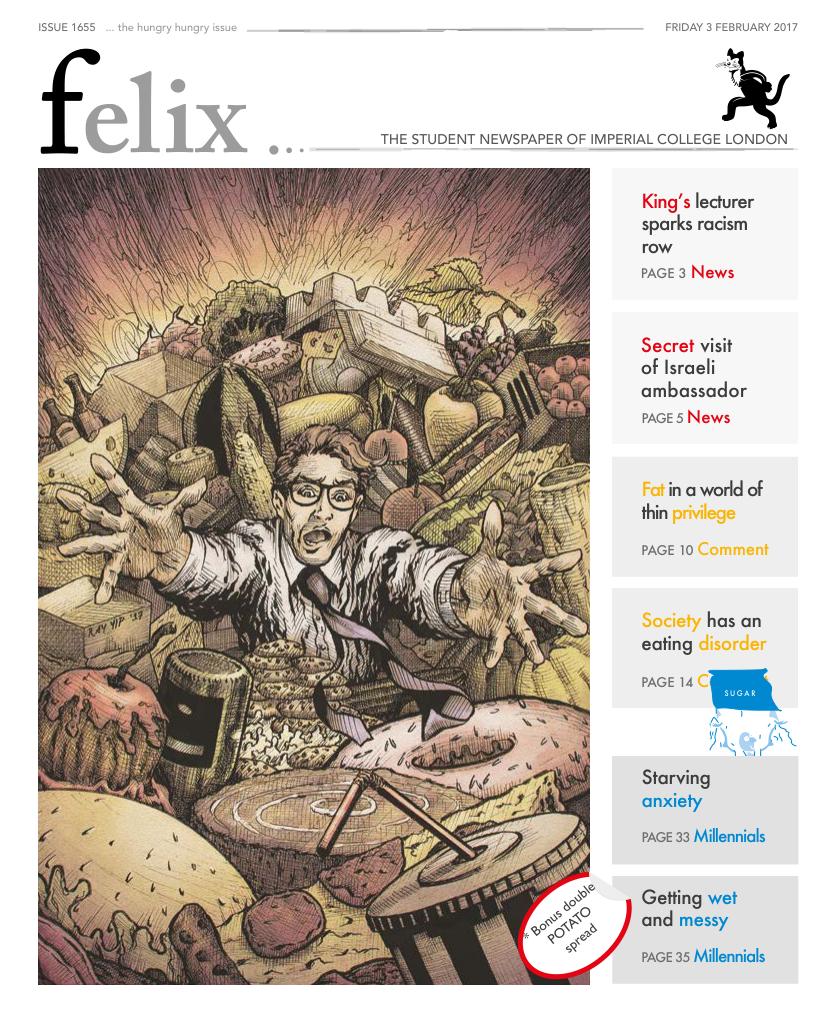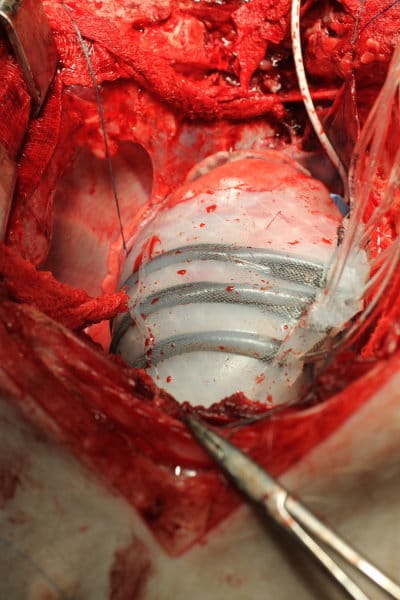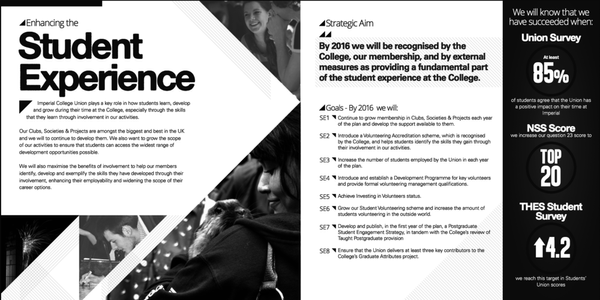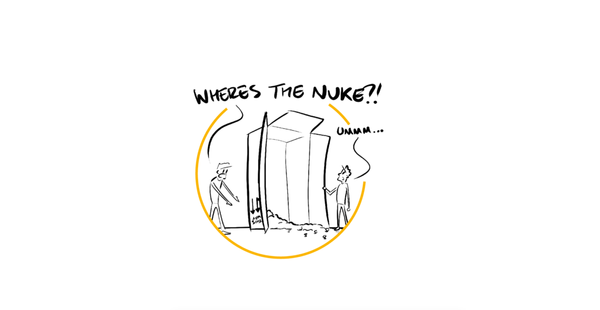That moment you’re rushing on sugar
The white crystalline powder that really drives us mad

The dictionary definition of a drug is either “A medicine or other substance which has a physiological effect when ingested or otherwise introduced to the body” or “A substance taken for its narcotic or stimulant effects”. Each of these definitions are perfectly valid, and classify drugs as having either a medicinal or recreational purpose. This is all well and good, but what happens when the lines are blurred? Ingesting caffeine results in stimulation, leading many to take coffee frequently as their opium, yet society views only one of these addictions to be harmful (bet you can’t guess which one).
Our brains are hardwired to perform certain essential bodily functions such as eating, drinking and taking cocaine. When we perform one of these vital actions, a hormone called dopamine is released into the brain. Dopamine is interpreted as pleasure, therefore almost programming our brains to repeat the action in order get another hit. Cocaine does this by releasing enormous amounts of dopamine, thus explaining its addictive nature. A substance which releases very large quantities of dopamine is known as a ‘superstimulus’. But what if other legal substances produced the same effect? For example, excessive amounts of sugar and highly-processed junk foods can have the exact same result, also functioning as superstimuli. If cocaine and sugar both create addiction in the same manner then perhaps be more accepting of your cokehead flatmate when they tell you about your developing sugar addiction.
Foods have the presumption of safety. We are all aware that if you eat too much you get fat, and die. You can also eat too little, lose weight, and die. But beyond these minor tropes, in general, if you eat an apple a day you won’t get AIDS (that is to say eating an apple a day won’t give you AIDS. Eating an apple a day will also not protect you from AIDS or keep the doctor away. Especially if the doctor is a sexual health adviser. Stay safe kids). However under the current classification, alcohol is treated as a food and not a drug. Alcohol imparts large amounts of calories so perhaps understandably it is treated as a food, however I’ve never heard of anyone drinking alcohol for its nutritional advantages when not rolling around in their own faeces at a summer festival. With such a dangerous substance being classified as a food, it is eminently available and therefore thoroughly abusable.
In general there is a wisdom to separating drugs from food. Food is supposed to act as fuel to attend all those lectures you don’t go to. Drugs are meant to have medicinal and therapeutic effects that you’re too busy experiencing so you don’t bother going to lectures. Substances that act as both food and drugs blur that line, leading to a steadily more convoluted classification system. With this in mind take note of what you’re ingesting. Just because it’s a food doesn’t make it inherently safe and just because it’s a drug doesn’t make it inherently fun. If sugar produces similar effects on the brain to cocaine and you’re not a fan of steady addiction then you’d better stop ordering that organic chocolate brownie iced vanilla double-shot caramel cream extra hot Frappuccino from Starbucks every morning eh?









